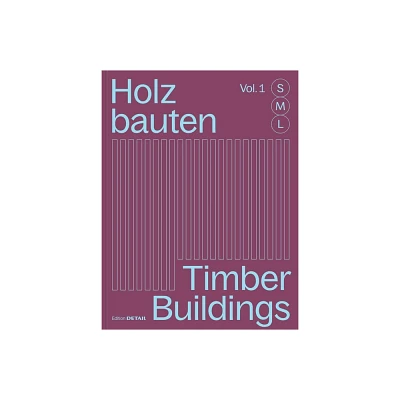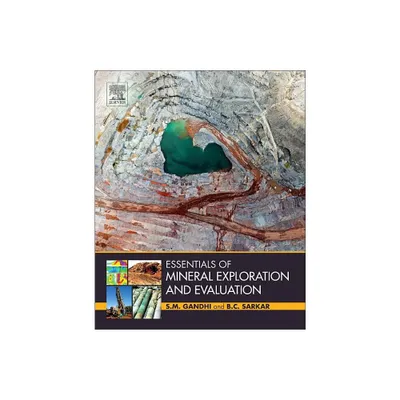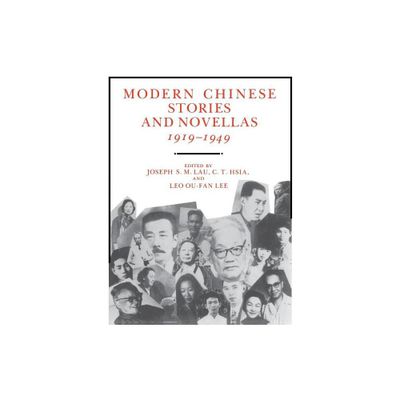Home
S M P L C T Y: Ecological Civilisation and the Will to Art
Loading Inventory...
Barnes and Noble
S M P L C T Y: Ecological Civilisation and the Will to Art
Current price: $39.95


Barnes and Noble
S M P L C T Y: Ecological Civilisation and the Will to Art
Current price: $39.95
Loading Inventory...
Size: Hardcover
*Product Information may vary - to confirm product availability, pricing, and additional information please contact Barnes and Noble
This collection of essays presents an aesthetics of existence called the 'Will to Art'. Readers will be invited to consider the possibility that the universe is fundamentally an aesthetic phenomenon, understood as a process of creative evolution that is moving, albeit agonistically, towards ever-increasing opportunities for artistic expression and aesthetic experience. Art is defined broadly and openly as the meaningful and pleasurable expression of creative labour, and human experience can be considered 'aesthetic' if it flows from the sensuous engagement with art or nature. To speak of the Will to Art is to interpret the world as having an underlying tendency toward artistic and aesthetic flourishing, even though the outcome of this evolutionary process, due to its indeterminate nature, is unknowable in advance.
Two premises guide the development of this vision: first, that material sufficiency is all that is
needed
for human beings to live rich, meaningful, and artful lives; and second, that material sufficiency is all that is
possible
, over the long term, on a finite planet in an age of environmental limits. Based on those premises, Samuel Alexander proposes and defends a conception of ecological civilisation which he calls SMPLCTY. This is not a utopian prediction about what is a likely future for our species. Rather, it is an orienting vision, one in which individuals and communities thrive in humble conditions of material sufficiency but cultural richness, meaningfully engaged in pleasurable and creative labour in collaboration with others. According to this vision, life itself would become an aesthetic project, a never-ending process of creative activity, sensuous experience, aesthetic engagement, and spiritual exploration. Such a society would be structured with the aim of sustainably providing opportunities for all people to find meaning and pleasure through creative labour and aesthetic experience.
Two premises guide the development of this vision: first, that material sufficiency is all that is
needed
for human beings to live rich, meaningful, and artful lives; and second, that material sufficiency is all that is
possible
, over the long term, on a finite planet in an age of environmental limits. Based on those premises, Samuel Alexander proposes and defends a conception of ecological civilisation which he calls SMPLCTY. This is not a utopian prediction about what is a likely future for our species. Rather, it is an orienting vision, one in which individuals and communities thrive in humble conditions of material sufficiency but cultural richness, meaningfully engaged in pleasurable and creative labour in collaboration with others. According to this vision, life itself would become an aesthetic project, a never-ending process of creative activity, sensuous experience, aesthetic engagement, and spiritual exploration. Such a society would be structured with the aim of sustainably providing opportunities for all people to find meaning and pleasure through creative labour and aesthetic experience.






![S&W M&P M.20 U.G. Spring Assisted Knife Liner Lock Gray Aluminum [3.00" Black Plain]](https://cdn.mall.adeptmind.ai/https%3A%2F%2Fcdn11.bigcommerce.com%2Fs-azatr4%2Fimages%2Fstencil%2F1280x1280%2Fproducts%2F13482%2F15495%2F19619__73311.1603069198.jpg%3Fc%3D2_medium.jpg)











